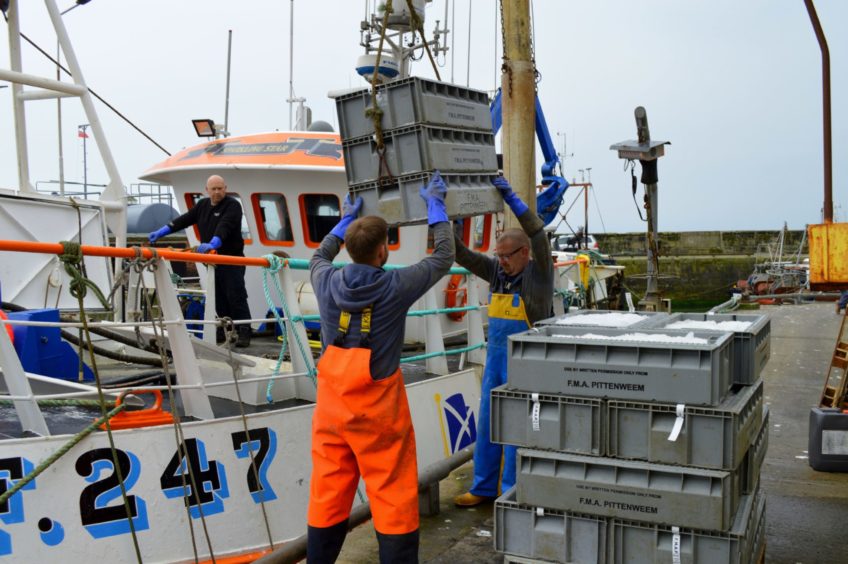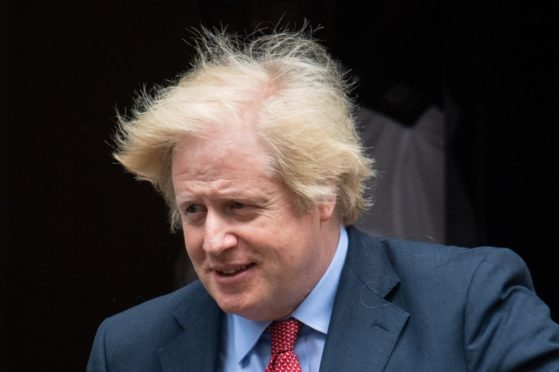Boris Johnson and European Commission president Ursula von der Leyen have signed off on a new Brexit negotiation plan to ensure a deal is in place “by the end of the summer”.
Four rounds of negotiations have so far made little progress but the two sides have agreed to an “intensified” negotiating timetable as the clock counts down to the end of the current transition period at the end of year.
The UK had previously indicated that it could walk away from talks with the EU if the “broad outline” of a deal was not visible by the June meeting.
But officials played down the prospect of “drama” at the summit, which was being conducted by video link.
Instead the UK hopes that the increased pace of talks over the coming months would add impetus to the negotiations.

A joint UK-EU statement, issued following today’s online meeting between Mr Johnson and European leaders, said: “The parties welcomed the constructive discussions on the future relationship that had taken place.
“They noted that four rounds had been completed and texts exchanged despite the challenges presented by the Covid-19 pandemic.
“The parties agreed nevertheless that new momentum was required.
“They supported the plans to intensify the talks in July and to create the most conducive conditions for concluding and ratifying a deal before the end of 2020.”
The prime minister’s official spokesman added: “The prime minister called for renewed energy and a commitment to reach an agreement by the end of the summer.”
Today’s meeting will be followed by a series of weekly talks at official level for five weeks, commencing on June 29, looking at detailed technical issues.
It is hoped that they will, for the first time in these negotiations, include face-to-face meetings, with both sides acknowledging that the remote discussions, held due to the coronavirus epidemic, have gone as far as they can.

Mostly notably the two sides remain far apart on the issues of future access to UK fisheries and the so-called “level playing field”, the extent to which Britain is required to follow EU rules and standards in return for access to the single market.
The prospect that they will be unable to reach an agreement has alarmed business groups, who warn that firms reeling from the impact of the coronavirus lockdown are ill-prepared to with a major upheaval in trading arrangements with the UK’s biggest trading partner.




